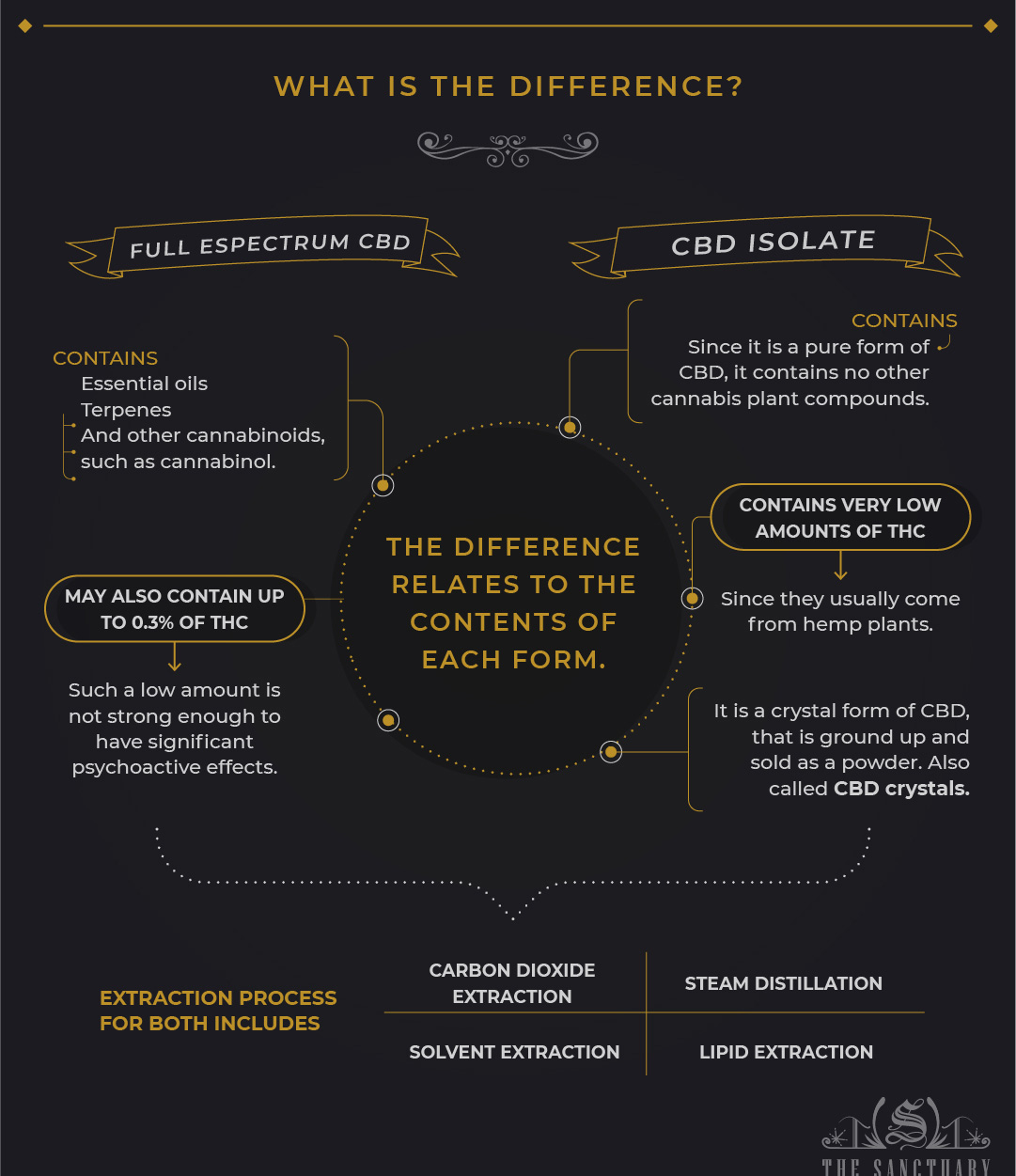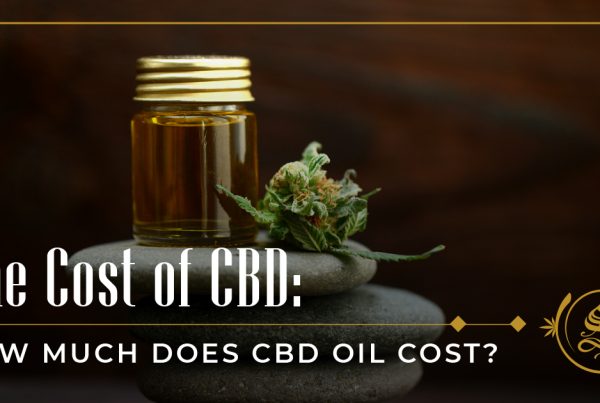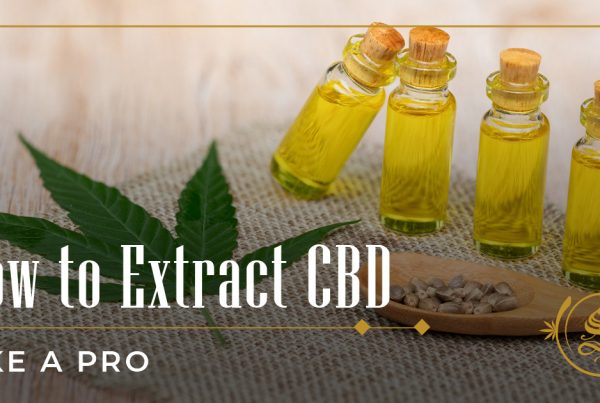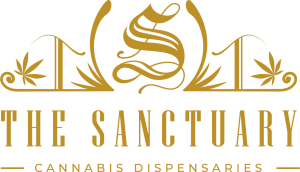CBD’s popularity has grown in recent years, with people using it to treat a variety of diseases and disorders. It may be taken in a multitude of ways, from just eating it to applying it topically and even vaping it.
Isolate and full-spectrum CBD are the two most common types of CBD on the market. CBD isolate and full-spectrum CBD are both cannabis plant extracts. Despite the fact that they come from the same plant, there are variances.
What is the difference?

CBD isolate and full-spectrum CBD are both cannabis plant extracts. Despite the fact that they come from the same plant, there are variances.
Small quantities of other cannabinoids, including THC, as well as flavonoids and terpenes, which are medicinal chemicals that produce unique smells and tastes, are found in full-spectrum CBD products.
CBD isolate products are refined and processed to ensure that they solely contain CBD.
Full-spectrum CBD benefits
Because full-spectrum CBD contains all of the chemicals found in the cannabis plant, it may have a stronger impact than pure CBD. When several chemicals from the cannabis plant are present, research shows that CBD’s health advantages may be more evident. This is referred to as the “entourage effect” by researchers.
THC is only found in trace quantities in full-spectrum CBD products. THC levels may grow during the production process when the CBD transforms into a concentrate. Before purchasing a CBD product, consumers should do their homework and seek independent test findings.
Full-spectrum CBD is used for a variety of health reasons, including:
- Anti-anxiety
- Anti-seizure
- Pain relief
- Anti-inflammatory
- Muscle spasm relief
- Treatment for psychotic disorders
- Antioxidant
Certain CBD molecules may potentially have neuroprotective properties, according to 2018 research. Because of the combined effects of CBD and THC, another 2018 study shows that full-spectrum CBD is more helpful for pain than CBD isolation. Full-spectrum CBD also has the benefit of being less processed and more natural than CBD isolate.
The entourage effect
The entourage effect is a hypothesis that says that the chemicals in cannabis might interact with one another in the body to produce distinct effects. Some sources now question the validity of the entourage effect; nonetheless, substantial evidence suggests that cannabis’ unique effects are due to the way those chemicals interact in the body, not just the individual compounds it contains.
CBD in cannabis, for example, has been proven in studies to offset some of THC’s negative side effects, such as anxiety. CBD is thought to inhibit certain cannabinoid receptors, effectively limiting the effects of THC, which binds to these receptors directly.
The entourage effect has already been reported by Ethan Russo, a well-known cannabis researcher. In an interview with Scientific American, Russo stated that in some people, as little as 5mg of pure THC might produce psychosis-like symptoms. Patients can take considerably greater dosages of THC (up to 48mg) when combined with CBD without experiencing any harmful side effects.
Full-spectrum CBD products also provide better alleviation from various symptoms than isolates, according to research. In a study published in Israel’s Lautenberg Center for General Tumor Immunology, full-spectrum CBD was compared to isolates in the treatment of pain and inflammation. Full-spectrum CBD came out on top in every element of the study.
Marinol, a synthetic, FDA-approved form of THC used to treat chemotherapy-induced nausea and vomiting, provides further proof of the entourage effect. Cancer patients have known for a long time that THC-rich cannabis can assist with nausea and vomiting that commonly accompany chemotherapy. Marinol, on the other hand, is ineffective compared to its natural equivalent, and can even cause nausea rather than alleviate it.
However, it’s crucial to remember that the entourage effect isn’t limited to THC and CBD. Terpenes are one of the many components in cannabis that may interact with one another to produce distinct effects.
Pinene, for example, may help decrease some of the cognitive impairment produced by THC, according to some authorities. Meanwhile, myrcene, pinene, and caryophyllene have been proven to decrease anxiety, suggesting that they may complement CBD’s anxiolytic effects.
Unfortunately, the majority of cannabis research has concentrated on the effects of THC and CBD. However, as additional studies into the many different chemicals found in the cannabis plant are conducted, we will soon discover more about its limitless potential.
What is CBD isolate?
Cannabidiol (CBD) has been the focus of a lot of studies since it stands out from the rest as having the most medicinal potential.
Depending on the type, CBD isolate products are typically described as being 99 percent or more pure CBD. These products have been stripped down to simply the CBD molecule, as the name implies. They don’t include any other active ingredients and are solely intended to give therapeutic amounts of CBD that have been separated from other cannabinoids and terpenes.
CBD isolate is a white powder that may be sold to the general public. Isolates are frequently combined with a carrier oil to make tinctures, or put in capsules, edible items such as candies, topical treatments, and other products. They are then utilized in the same way as a full spectrum hemp extract would be.
CBD isolate benefits
CBD products produced from hemp that contain less than 0.3 percent THC are lawful in the United States, although they are still prohibited in several states. CBD products produced from cannabis, on the other hand, are banned on the federal level but lawful in some states.
Check local laws, especially if you are traveling.
Keep in mind that the Food and Drug Administration (FDA) has not authorized nonprescription CBD products, which might be labeled incorrectly.
CBD isolate has the benefit of being the purest and most powerful form of CBD available. Additionally, CBD isolate is odorless and tasteless. This is ideal for individuals interested in cooking with CBD because it can be added to dishes without changing the flavor.
According to 2015 animal research, while CBD isolation may have some health advantages, the effects are likely to be less noticeable than when taking a full-spectrum CBD product. The findings also suggest that CBD isolate’s anti-pain and anti-inflammatory benefits may be limited to a certain dosage. In contrast, the effects of full-spectrum products grow as the dosage increases.
Broad-spectrum CBD
Broad-spectrum CBD is similar to full-spectrum CBD in that it contains additional cannabis plant compounds.
THC is included in very small quantities in most broad-spectrum CBD products. Because of the entourage effect, broad-spectrum compounds, like full-spectrum CBD, may have a better probability of delivering favorable health benefits than CBD isolation.
How to use CBD
When using topical CBD products, it can be difficult to determine the correct dose, but a decent rule of thumb is to use roughly the same amount as you would with a non-CBD topical cream.
Always start with a modest dose of 5 mg and work your way up when taking a tincture or gummy. Edibles need longer to take effect than other goods, so wait at least 30 minutes before taking more.
Reevaluate your symptoms one week after beginning CBD. Increase the dose by roughly 5 mg each day if you have not seen any improvement. This should assist you in determining your appropriate dosage.






